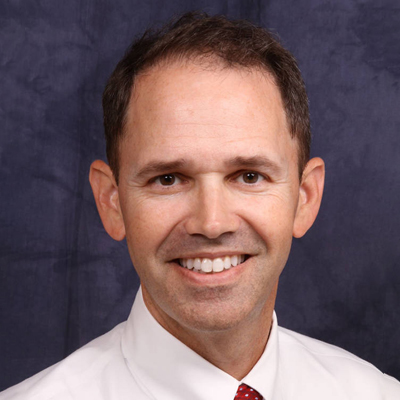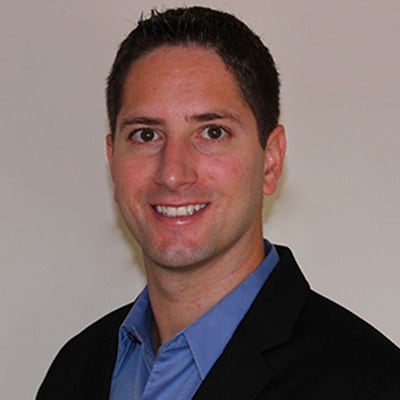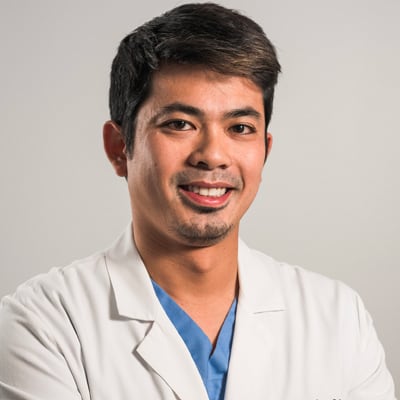Dr. Mustafa Shah Khan and Dr. Richard Offutt started Synergy Dental Partners 13 years ago. The subject today is the dental laboratory, and their guest is Mr. Matt Winstead of Oral Arts Dental Laboratory.
The practice of dentistry requires the dentist to have competency in many disciplines. Clinical competency is only part of the puzzle. The puzzle, however, has many pieces. Today we would like to discuss laboratory and related services. Determining the appropriate dental laboratory to become part of your team is multi-faceted.
Synergy Dental had the pleasure to interview Mr. Matt Winstead. Mr. Winstead is the Vice President of Oral Arts Dental Laboratory. He succeeded his father, Thomas Winstead, in the leadership of the laboratory. We asked him to provide an overview of the company and follow up with a Q&A session.
Oral Arts Dental Lab is a family owned and operated full service dental lab founded in 1970 in Huntsville, Alabama by Thomas Winstead. The Winstead family continues as the sole owners of the lab and daily operations.
Oral Arts is a market leader in the dental lab industry with 400 employees and clients in all 50 states. Oral Arts is amongst the top 5 largest dental labs in the USA and one of the few privately owned commercial labs remaining.
Highly experienced dental technicians are the greatest asset of Oral Arts. Dentists need a laboratory who can offer guidance and advice on technically demanding cases and deliver a product that will reduce clinical stress that comes with dentistry. Department supervisors, managers, and technical advisors have 20-35 years of technical lab experience, seeing thousands of difficult cases in their career, they are the dentist’s partner helping to solve problems and deliver results. The technician team at Oral Arts receives the most advanced technical training available and utilizes the best equipment and technology.
Oral Arts is truly a full-service lab, with specialized departments including staff dedicated to producing
and servicing implant crowns, surgical guides, fixed hybrids, digital crowns, 3D Printed Dentures and night guards, conventional dentures, laser sintered digital chrome cobalt partials, flexible partials, and orthodontic appliances.
Oral Arts’ focus for 52 years remains the same, to provide quality lab work, utilize the best technology available to dentistry, deliver cases on time, and to support dentists with excellent technical customer service.
Questions:
- In the age of consolidation of dental labs and private equity ownership, what makes the family ownership of Oral Arts different from other large, national labs?
- How has digital scanning changed workflow for Oral Arts as well as the quality of information that you receive from doctors?
- What is the most commonly produced restoration by your lab?
- Can you discuss the Oral Arts Select group for us?
- How involved are your teams with helping doctors’ problem solve cases and even treatment plan?
- What advice would you give dentists when they are looking for the right lab partner?
In the age of consolidation of dental labs and private equity ownership, what makes the family ownership of Oral Arts different from other large, national labs?
Having been friends or worked with colleagues on both sides of this, privately held labs have the advantage in my opinion. Typically, what we see with PE owned laboratories is leadership decisions being made by individuals who lack a dental technology/dental laboratory background. What usually ends up happening is decisions are made with financial metrics as the driving motivator, which may or may not be in the best interest of the dentist/patient customer. The number of large privately owned dental labs today is quite small compared to those who have already been purchased and incorporated into a PE held group. We believe privately held labs typically have a stronger culture of producing quality products and serving the client with excellence vs. that of a PE held lab.
How has digital scanning changed workflow for Oral Arts as well as the quality of information that you receive from doctors?
We first started receiving digital scans sometime in 2012 from our clients who purchased Cadent Itero scanners. Just last week our incoming digital scans accounted for 53% of total units received. Starting in 2012 we built an entire department around the reception and processing of the scans, seeing as this workflow completely foregoes the traditional model & die technicians. We have a full team of technicians dedicated to receiving and analyzing every scan and dedicated customer service representatives who communicate with our clients on a daily basis regarding any issues we encounter on scanned patients. Typically, the issues we see are insufficient scan data, meaning that the scan did not capture enough “images” of the dentition in critical areas such as occlusion, contacts, preps, etc. We still have problems with accurate bite registrations digitally which need to be addressed internally or by the dentist. Sufficient tissue and moisture management is also an issue with digital scans and can actually be worse than a PVS impression since PVS impression material can push moisture away from the margin and be injected subgingivally which does not exist with an intra oral scan. Despite the scanning errors we do receive, the remake % on digital cases typically is 50% less than the remake factor on a PVS case historically. Turnaround times are quicker to the client due to a reduction of 1-2 days inbound shipping of impressions. We anticipate continued growth of our digital case load and be close to 100% digital by the end of 2028.
What is the most commonly produced restoration by your lab?
Monolithic Zirconia is by far the most popular product in our lab. We were one of the first labs to mass market the monolithic ZR crown in USA around the year 2010. Since then, the product has grown astronomically and continues to grow as zirconia materials advance and provide patients with more translucency for esthetic cases.
Can you discuss the Oral Arts Select group for us?
Select is a small department of master ceramists that produce esthetic cases for patients/dentists wanting the best esthetics possible. In this department we microlayer all our crowns with powder porcelain and spend extra time applying minute details that set the product on a higher level. Our Select Department quality is among the highest in the industry.
How involved are your teams with helping doctors’ problem solve cases and even treatment plan?
Our technical support starts in our customer service department which has individuals who are “technical advisors”, these advisors are dental technicians who previously worked daily producing cases and have since transitioned to supporting clients full time with technical support. They can treatment plan and solve problems. Beyond the tech advisor, each department supervisor is a specialist in their respective field and a great resource for doctors needing to problem solve and treatment plan. For example, the supervisor of our implant department was previously an implant surgical technician for an oral surgeon before working in the lab industry learning every detail of lab fabricated implant restorations. Another example is the supervisor of our flexible partial department who has managed literally thousands of different flexible partial cases and knows exactly what will or will not work in the long run. This type of experience and knowledge is invaluable to a client needing support; and can mean the difference in a lasting lab relationship.
What advice would you give dentists when they are looking for the right lab partner?
Many dentists only use a lab for one type of product yet if the lab is full service, I encourage them to try several cases from every department the lab has to offer before making a decision of where to send each case. I encourage dentists to go and visit their lab and take a tour, see the people making the work and how advanced is the facility. The lab is an extension of the dental office and it’s important to make a good match in that regard. I encourage dentists to not make a lab decision based on the price of the product, $5 to $10 one way or the other should not be a deciding factor when choosing a lab. The technical knowledge and understanding of quality lab work and the ability to meet patient due dates is more important to a dental clinic’s profitability than paying a few more dollars for the case. We encounter many dentists with little to knowledge of dental lab technology or materials, I encourage dentists to talk to their labs and try to understand more about what is happening in the lab as this can help their future working with their lab. Knowledge is power, the more a dentist knows about lab processes and materials, the more powerful that relationship can be for their practice.




